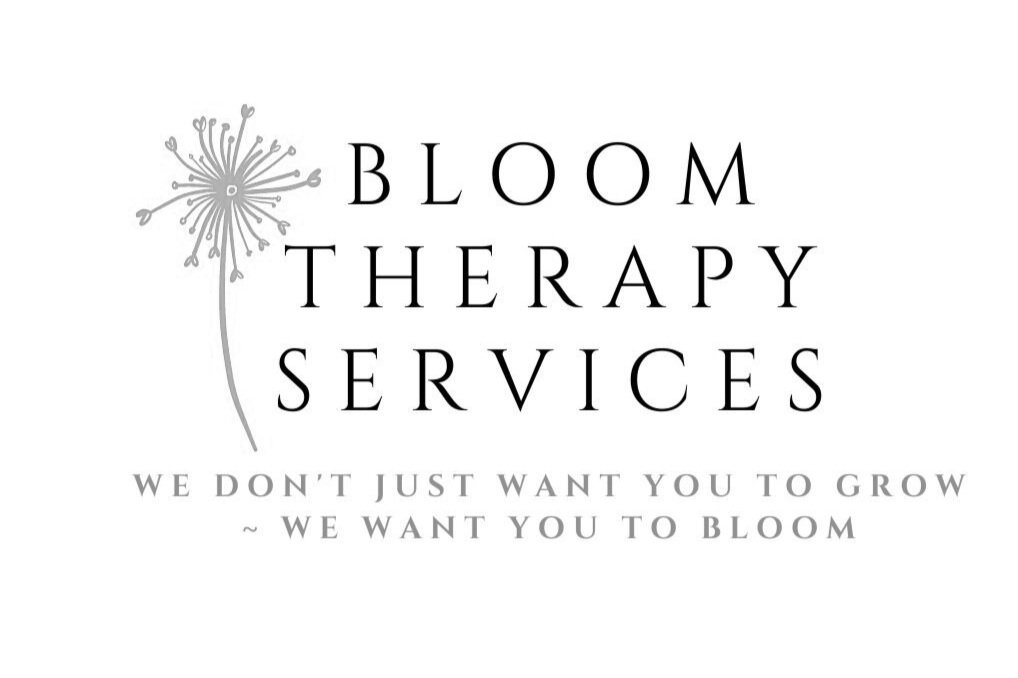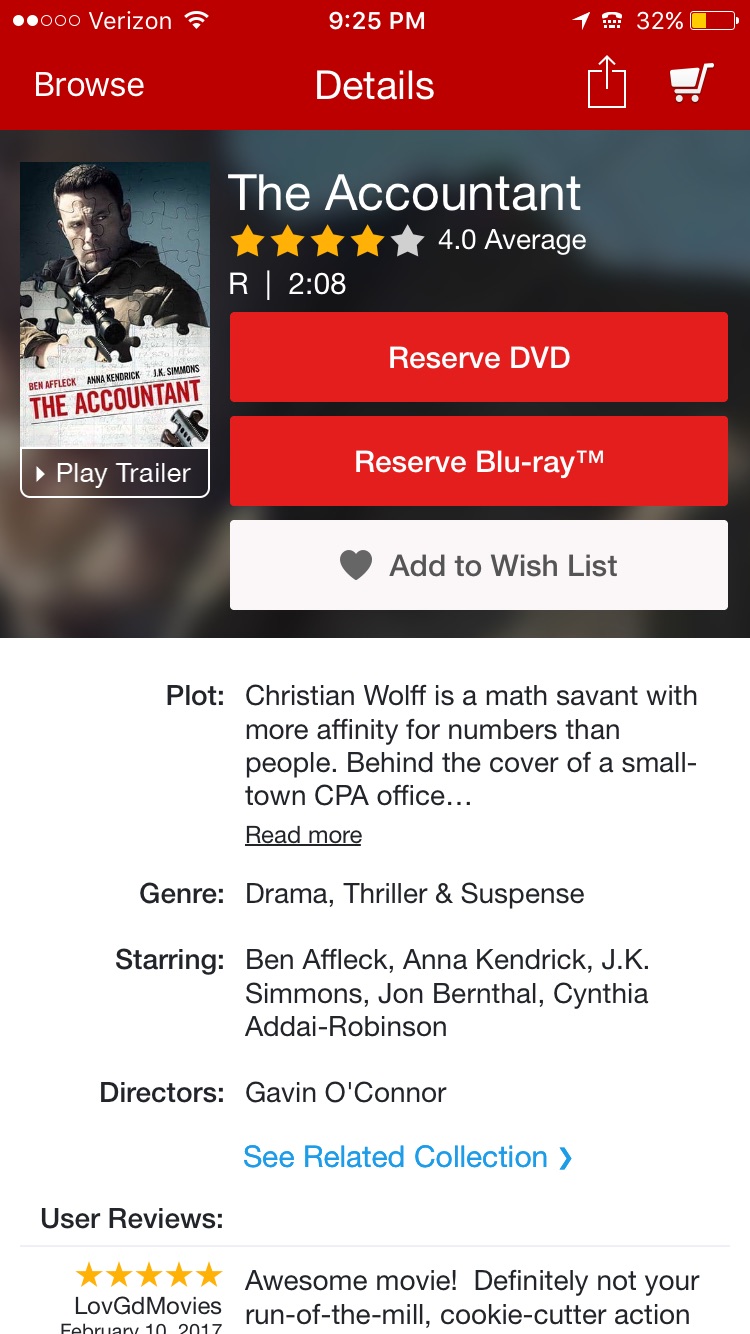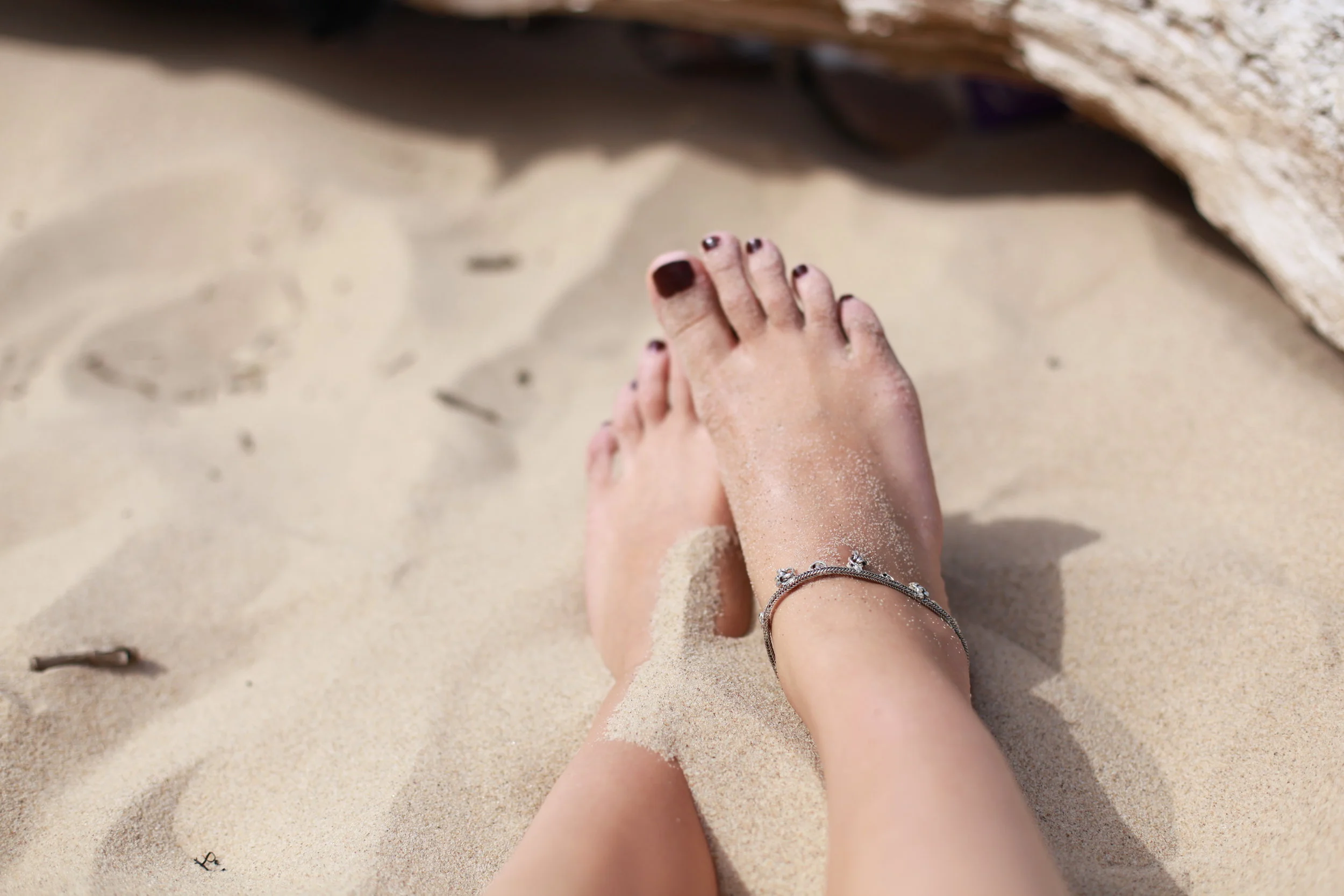The Differences Between Anorexia and Bulimia
Eating disorders affect about 9% of the population worldwide. No matter your age or your gender, you can still be impacted by an eating disorder. This post is going to focus on two different types of eating disorders, Anorexia and Bulimia. Both of these mental illnesses can have extreme effects on the body and mind. This article will hopefully help you to see the risks of Anorexia/ Bulimia and how to get help if you are struggling with disordered eating.
Eating disorders affect about 9% of the population worldwide. No matter your age or your gender, you can still be impacted by an eating disorder. This post is going to focus on two different types of eating disorders, Anorexia and Bulimia. Both of these mental illnesses can have extreme effects on the body and mind. This article will hopefully help you to see the risks of Anorexia/ Bulimia and how to get help if you are struggling with disordered eating.
What is Anorexia/Bulimia?
Anorexia Nervosa is typically described as an eating disorder where someone restricts their food/calorie intake to the point where they become malnourished and underweight. Typically, people with Anorexia have a fear of being overweight and distorted body image. In some cases, people struggling with Anorexia may exercise compulsively.
Bulimia Nervosa is an eating disorder where someone binge-eats and then induces vomit, abuses laxatives, or does anything that can undo the effects of their binge-eating. These are called “compensatory behaviors''. Much like Anorexia, people who wrestle with Bulimia have a fear of being overweight while having a problem with binge-eating. Because of this fear, people with Bulimia “purge” after a binge to stop weight gain.
What are the symptoms/signs of these disorders?
Some symptoms/signs of Anorexia include :
Noticeable Weight Loss
Has concern about eating in public
Restricts food intake and/or certain food groups
Stomach cramps
Dizziness
Fainting
Some symptoms/signs of Bulimia include :
Signs of binge eating
Evidence of purging
Goes to the bathroom immediately after every meal
Bloating
Discolored / stained teeth
Swelling around the jaw and/or cheeks
How are these disorders diagnosed?
To be diagnosed with Anorexia according to the DSM-5 , the following symptoms must be present :
Restriction of food intake leading to low weight
Fear of gaining weight or becoming fat , even while being extremely underweight
Denial of the seriousness of their low weight
To be diagnosed with Bulimia , the following criteria must be met :
Recurrent episodes of binge-eating
Uses compensatory behaviors to prevent weight gain
These behaviors occur at least once a week for at least 3 months
These behaviors do not occur only during episodes of Anorexia
It is also important to note that if you do not show all of these symptoms, but you are still struggling with some characteristics of an eating disorder, it is imperative that you seek help.
What are the consequences of these disorders?
About 10% of people struggling with Anorexia die because of it. They tend to die due to starvation, suicide, or health-related problems. Also , long-term Anorexia can result in infertility, seizures, and osteoporosis. Anorexia can also result in electrolyte imbalance, which can result in death.
Bulimia can prevent proper digestion, which can cause extreme bloating, constipation, and bacterial infections. Binge - eating can cause the stomach to rupture, and vomiting can create permanent damage to the esophagus. Heart failure can also happen due to the body breaking down its own tissue because of low calorie intake.
What are some treatment options for Anorexia/Bulimia?
Treatment all depends on the severity of the Anorexia. If it is very severe, the person struggling would need to be hospitalized and tube-fed until the needed amount of nutrients is obtained. Other treatment options include residential/ outpatient treatment and eating disorder therapy.
Extreme cases of Bulimia can call for hospitalization. However, different types of therapy and treatments are available to help if your case does not call for a hospital stay. You could start by seeing a mental health professional and starting a treatment plan to help with your struggles.
If you are struggling with Anorexia or Bulimia, it is important to get help as soon as possible. Even if you cannot see the harm these disorders are causing you right now, in the future some of the consequences mentioned above may begin to show in your life. Recovering from an eating disorder is not an easy thing to do, but there is hope in recovery!
Amber Madden, LPCC-S is a certified in treating eating disorders, including anorexia and bulimia. She has availability for virtual sessions if you think you may need to schedule an appointment or consultation. Click here.
Resources
“Anorexia Nervosa.” National Eating Disorders Association, 28 Feb. 2018, https://www.nationaleatingdisorders.org/learn/by-eating-disorder/anorexia
Bothwell, Samantha, et al. “What Is the Most Serious Health Risk from Anorexia Nervosa?” Eating Disorder Hope, 9 June 2022, https://www.eatingdisorderhope.com/blog/what-is-the-most-serious-health-risk-from-anorexia-nervosa
Chandler, and Chandler. “What Are the Primary Characteristics of Bulimia Nervosa?” Eating Disorder Hope, 9 June 2022, https://www.eatingdisorderhope.com/blog/what-are-the-primary-characteristics-of-bulimia-nervosa
“Bulimia Nervosa.” National Eating Disorders Association, 22 Feb. 2018, https://www.nationaleatingdisorders.org/learn/by-eating-disorder/bulimia
“Health Consequences.” National Eating Disorders Association, 22 Feb. 2018, https://www.nationaleatingdisorders.org/health-consequences
“Eating Disorder Treatment: Know Your Options.” Mayo Clinic, Mayo Foundation for Medical Education and Research, 14 July 2017, https://www.mayoclinic.org/diseases-conditions/eating-disorders/in-depth/eating-disorder-treatment/art-20046234
By Kylee Roberts, MH Virtual Assistant
Co-written by Amber Madden, NCC, LPCC-S
Bloom Book Club - Winter Selection
Bloom Book Club is a recovery community focused on reading and discussing books as they related to mental health wellness and recovery.
Bloom Book Club is a recovery community focused on reading and discussing books as they related to mental health wellness and recovery.
For our Winter selection, we'll be reading You Can Buy Happiness (and It’s Cheap) How One Woman Radically Simplified Her Life and How You Can, Too.
About the book…
Once, Tammy Strobel and her husband were living a normal middle-class lifestyle: driving two cars, commuting long distances, and living well beyond their means. Now they are living the voluntary downsizing — or smart-sizing — dream. In this book Strobel combines research on well-being with numerous real-world examples to offer practical inspiration. Her fresh take on our things, our work, and our relationships spells out micro-actions that anyone can take to step into a life that’s more conscious and connected, sustainable and sustaining, heartfelt and happy.
~~~~~~~~
A message from Amber ~
“I chose this title for our Winter selection because more than ever, I’m feeling like this year has been a time of reflection and introspection. We have all had our own challenges with 2020 and I know I am looking forward to new beginnings for 2021. However, this life of quiet isolation and being at home has definitely not passed me by as a special time. That said, I am looking for new ways to bring happiness into my life and one of the best ways is to live with less.” ~ Amber
Join Us!
Interested in becoming a Bloom Book Club member? We read a book every quarter with themes advocating Intuitive Eating, HAES, positive body image and more. Check out some of the benefits:
The Book Club includes:
LIVE discussions of the current selection members can attend as a group.
Action challenges and homework assignments emailed directly to you to help you implement the material of the reading.
The ability to vote and recommend upcoming selections.
A separate, private Facebook group with weekly discussions, live videos and lively debate about the current selection.
A way to improve your learning, continue your recovery and promote positive change without attending sessions or webinars.
You can join us for free or just $5 a month (billed annually).
Bloom Book Club - Summer Selection
Bloom Book Club is a recovery community focused on reading and discussing books as they related to eating disorder recovery.
For our Summer selection, we'll be reading Health at Every Size: The Surprising Truth About Your Weight, by Linda Bacon, Ph. D.
Bloom Book Club is a recovery community focused on reading and discussing books as they related to eating disorder recovery.
For our Summer selection, we'll be reading Health at Every Size: The Surprising Truth About Your Weight, by Linda Bacon, Ph. D.
Begins May 15! (but feel free to join in anytime)
The excerpt about the book from Amazon:
Fat isn’t the problem. Dieting is the problem. A society that rejects anyone whose body shape or size doesn’t match an impossible ideal is the problem. A medical establishment that equates “thin” with “healthy” is the problem.
The solution?
Health at Every Size.
Tune in to your body’s expert guidance. Find the joy in movement. Eat what you want, when you want, choosing pleasurable foods that help you to feel good. You too can feel great in your body right now—and Health at Every Size will show you how.
Health at Every Size has been scientifically proven to boost health and self-esteem. The program was evaluated in a government-funded academic study, its data published in well-respected scientific journals.
Updated with the latest scientific research and even more powerful messages, Health at Every Size is not a diet book, and after reading it, you will be convinced the best way to win the war against fat is to give up the fight.
Join Us!
Interested in becoming a Bloom Book Club member? We read a book every quarter with themes advocating Intuitive Eating, HAES, positive body image and more. Check out some of the benefits:
The Book Club includes:
LIVE discussions of the current selection members can attend as a group.
Action challenges and homework assignments emailed directly to you to help you implement the material of the reading.
The ability to vote and recommend upcoming selections.
A separate, private Facebook group with weekly discussions, live videos and lively debate about the current selection.
A way to improve your learning, continue your recovery and promote positive change without attending sessions or webinars.
For a limited time, you can get membership access to the Bloom Book Club fora LIFETIME for just $25.00. Click the link below to learn more.
Setting Your Non-Diet Resolutions
I love the feel that a New Year brings. I know some are completely against setting New Year's Resolutions, and if that's you, I totally understand. Resolutions have gotten a bad rep in a lot of ways because some view them as standards they set for themselves and then are unable to keep.
I love the feel that a New Year brings. I know some are completely against setting New Year's Resolutions, and if that's you, I totally understand. Resolutions have gotten a bad rep in a lot of ways because some view them as standards they set for themselves and then are unable to keep.
I view New Year's resolutions as a way to reset for the next year to come. Resolutions help provide me with a framework for the intentional life I want to lead. During this time, I can shape a plan with both short and long term goals about whatever way that I want to make the most out of the next year.
I think another reason New Year's resolutions have grown to be a bit of a punch line for a bad joke is because most setting goals for the new year will almost always include some type of fitness or weight loss goal. The health and fitness industry experiences a boom in marketing this time of year. Participate in any gym and you're likely to have difficulty finding an open treadmill until March.
So for all of us who are exposed to these messages, this push to change our body - this message is for you. You can say no. You can make a decision to NOT participate or set diet and weight loss goals this year. Research indicates that 95% of diets will fail and of those 5% that succeed, it's likely those individuals have had to shape their entire lives around being a certain size or shape (i.e. meal planning, working out, counting calories, skipping social outings, etc.).
If you're in recovery, or newly embracing the intuitive eating message, you may find it especially difficult during this time of year. Promotions and advertising are centered around weight loss and the office becomes a place where diet-talk and trading New Year's resolutions intentions will be constant. It's likely you'll feel a pull to engage and participate with everyone else and that's okay. Use this as an exercise to not get sucked back into the diet culture. Use this as an opportunity to share with others why you're not setting diet resolutions this year. Challenge others to share resolutions that have nothing to do with changing their appearance.
Here are some non-diet resolutions you can consider instead:
- Learn to play an instrument (it's never too late!)
- Set a number of books you wish to read this year. (Have you joined the Bloom Book Club? #shamelessplug)
- Aim to get outside and enjoy the fresh air and nature daily.
- Plan quarterly home projects with monthly financial plans to make those projects happen.
- Write in a journal daily.
- Develop a bedtime routine that will allow you to have better rest and sleep.
- Treat yourself at least once a month to a massage, a day at the spa, or just a lunch out alone.
- Catch up with an old friend at least once a quarter.
- Join a recovery related support group via online or in person. (Bloom has a free Facebook Group!)
- Plan a destination vacation trip, even if it's just for the weekend. Set monthly goals to make it happen.
- Try one new recipe a week or a month, whichever fits your schedule better.
- Take one day a week to totally relax and recharge (i.e. stay in your comfy clothes, wear no makeup, etc.)
- Learn about a new subject. Read one blog post or article about the subject every morning to get your day started.
- Schedule a date night with your significant other at least once a week, even if it's just a movie together at home.
I would love to hear any other non-diet ways that you plan to be more intentional for this upcoming year. Feel free to share in the comments!
An online community supporting your non diet journey.
Grab your seat!
3 Ways to Transform Your Body Image Perception
This week I'm sharing a post I wrote for Wellseek on body image. In this article I highlighted 3 ways to transform your body image perception.
This week I'm sharing a post I wrote for Wellseek on body image. In this article I highlighted 3 ways to transform your body image perception.
Wellseek is a collaborate that creates media and programs to help health and nutrition experts inspire happier and nourished lives. They are doing a fantastic job in connecting experts and creating a space that embraces the non-diet, intuitive eating concepts. Check them out!
Why I Quit Running (My Exercise Bulimia Story)
Something that once brought such joy and strength in my life was slowly tearing me apart, crushing my spirit and taking away everything I loved about running in the first place. I felt weak. I was weak.
This is a long one....so get settled in!
I have been running since I was 16 years old, nearly 2 decades. It's an amazing amount of time. There have been breaks here and there, but for the most part, I have been a consistent runner.
I have written about running MANY times on this blog and I absolutely love running. I love the rhythm of my foot strikes on the pavement, crisp white mornings covered in frost and the sense of accomplishment and strength I feel after each run.
When I was 16 years old, I began running for a boy. It sounds weird when I type the sentence, but I know that's the real reason. I began running for a boy because a boy I was interested in was a runner.We never actually ran together, and I'm not even sure he knew I was running, too. I would run around the pasture at home on our farm. It began very slow, running one stretch of path and walking the next, but I'll never forget the day I ran an entire lap around the field -- and then when I ran 4 laps. It was in those square paths around barbed wire fencing and Cat Tails that I found myself. I began running for a boy, but I continued to run for me.
Over the years running would turn into a passion, each day ending with a run and feeling a sense of power build within myself. Knowing that I was able to tackle mile after mile and do something many could never even think of gave me confidence, peace of mind, stress relief and grounding.
You may remember in 2015 I ran a half marathon, and I made several posts about training for the half marathon. It was an amazing feat, one that I definitely do not regret. However, it was during this time, I think I began to lose myself in running. Running further than I ever had before was a great accomplishment. I'll never forget the day I ran 10 miles, it was truly like running that first grassy lap all over again. But during this time, an obsession began to take hold.
I wanted to run more miles, more training, be better, do better and run ALL THE RACES. So, despite having a full time job, working a part-time business, spending time with friends and family, I began to prioritize running above all else. Running slowly became a chore. And because of my training schedule, it felt like something I was tied to. So I began to ask myself -- WHY?
WHY am I training for a race I no longer wanted to do?
WHY do I feel disappointed in myself?
WHY do I feel like I'm failing?
WHY am I doing this?
WHY am I scared to quit?
In all of these questions, I realized I had lost myself. Something that once brought such joy and strength in my life was slowly tearing me apart, crushing my spirit and taking away everything I loved about running in the first place. I felt weak. I was weak.
Along with all of this, another problem was emerging. Bulimia was taking hold, more specifically, Exercise Bulimia. Behind every race, every training day and every mile logged was also a precise count of every calorie burned. Deep down, my one thought behind all of the training -- Maybe I'll lose some weight, too.
So I logged more and more miles without properly fueling myself. I logged more and more miles, putting stress on my body and causing more stress on my emotional state. I logged more and more miles even though I was both mentally and physically exhausted. I thought I needed to push through the anguish because that is what is expected and the only way for reassurance and strength. After all, everyone feels like giving up, but only the true fighters push through.
In April of last year (2016), I began experiencing irregular cycles (known as amenorrehea), a problem I hadn't had since my starvation days of high school. At first, I didn't tie it to overexercising. I actually was very concerned. As a female in my early 30's, I worried it was pre-menopause. My doctor confirmed that I had depleted my estrogen levels, a symptom common in those with bulimia or anorexia. I knew in that moment that I had relapsed.
So I stopped. I stopped racing. I stopped obsessing. I stopped counting. I stopped hating and chose to love myself more. So, I stopped running.
And you know what? I am happier.
I FEEL healthier. I feel like I got my life back. When I stopped training for races, running 5 miles after a long day's work and stopped dreading having to spend an entire Saturday doing the mandatory "long run," I actually realized all the things I had been missing out on in my life.
Like late nights enjoying a glass of wine...
Enjoying more time with family....
More couch time with these two...
More Redbox date nights with the hubby...
More time moving my body in ways that I want to, like taking walks...
Investing more time in my passion...
Time to be more creative in the kitchen...
And enjoy donuts without feeling one bit guilty...
I have not completely stopped running, but I'm definitely only running to the point that I WANT to be running. I have brought back the enjoyment of running, usually running no more than a couple of miles at a time. My cycle has returned to normal AND I FEEL much more saner. I think most of all I have REALLY enjoyed just getting to come home every evening and enjoy some relaxation time, family time and treat myself to some personal freedom from having to be tethered to a training plan.
`````````````````````````````
If you believe you have become OBSESSED with your training plan, with exercise, then I highly recommend you just STOP. Life is too short and the people in your life are too important. There are more parts of your life that make up YOU besides just your training plan. It is amazing to exercise to the extent that you feel happy with what you're doing - that you ENJOY doing it. But if you start to feel yourself slipping away, then reassess why you're doing it!
If you would like to learn more about your own behavior, there is a Compulsive Exercising Questionnaire available for you to take here.
Similar Stories
For more recommended reading on this topic, a few other great female bloggers have also written on the topic. Their posts inspired me to share my own story and I would love for you to read theirs!
Not Having Your Period is Not Normal - Robyn Coale, RD, NP
Exercise and Me (AKA My Story + Some Thoughts Helping You Get Out of an Exercise Compulsion - Kylie Mitchell, RD
Recommended Reading
Exercise Bulimia and Drunkorexia: The Lesser Known Disorders - Eating Disorder Hope
Exercise Bulimia: Symptoms, Treatments and More - Healthline
(Edited to add the below articles.)
What it Feels Like to Have Exercise Bulimia - Shape
The Reality of Exercise After an Eating Disorder - Shape
Originally posted on my other blog on February 13, 2017. Moved to this blog on October 13, 2017.
How To Know if Your Daughter Has an Eating Disorder [Video]
In the video below I describe how to know whether or not your daughter may be displaying signs of an eating disorder. This includes physical symptoms to look for and behaviors to understand. I have also included here some helpful resources for you to learn more about helping your daughter.
The numbers of young girls and young women who will be impacted by disordered eating or an eating disorder are alarming. The National Eating Disorder association reported that by age 6 young girls begin to express concerns about their body and weight. In Elementary aged girls, 40 - 60% are concerned about weight. In the diet culture the American society promotes, young girls and women face significant pressure.
In the video below I describe how to know whether or not your daughter may be displaying signs of an eating disorder. This includes physical symptoms to look for and behaviors to understand. I have also included here some helpful resources for you to learn more about helping your daughter.
If you would like to watch these videos live and have a chance to ask questions and participate, please join our private Facebook group, Bloom Nutrition - Disordered Eating Support!
If I Lived On An Island... (A Meditation for Body Acceptance)
One way to help individuals move towards body acceptance is to try and target who they would be without all the noise in their life. Who would they be without the pressure of the media, society, images, Instagram, peers, friends, family, etc.?
I often work with my Bloom clients on how to recognize the root of their diet motivation. Why do they want to diet? Why do they want to change their body?
One way to help individuals move towards body acceptance is to try and target who they would be without all the noise in their life. Who would they be without the pressure of the media, society, images, Instagram, peers, friends, family, etc.?
We conduct an exercise in guided visualization in which I instruct them to think deeply and patiently about each question and statement. This exercise is intended to help move towards body acceptance.
The visualization starts with a simple question:
If you lived on an island alone, who would you be?
Who would you be in your body? Who would you be around food?
This island is remote and there is no one else around. There is no one to see your body. There are no mirrors.
How do you feel about your body in this moment, on this island alone?
Are you thinking about what your body looks like?
Are you fully clothed? Wearing a bathing suit? Wearing nothing? How are you most comfortable in your body, on this island alone?
On this island, you’re also tasked with surviving. This may involve building a shelter, foraging for food and escaping from predators.
In what order does your body’s appearance fall in your list of priorities for living on this island alone?
What other areas of living take precedence? Why are they more or less important than your body’s appearance, on this island alone?
How do you want to nourish your body, on this island alone? What foods would you find satisfying on the island? What foods do you think your body would naturally crave in order to sustain living on the island?
What foods might you miss because they are unavailable on the island? What foods would you be okay with never having again?
On this island alone, how important is health? Exercise? Well-being? Peace of mind? Does your style of eating change based on these priorities?
On this island, if you were able to invite one or two people to join you, who could you invite that would NOT significantly alter this state of being, in your body, on this island? Who would you welcome in which you would feel it is unnecessary to change anything?
As you’re preparing to leave the island, think about what part of this experience you want to take back with you. How will you incorporate this into your everyday life?
I would love to hear your reactions and thoughts to this exercise. Feel free to answer any of the questions above in the comments below!
If this exercise really resonated with you, then I invite you to take a look at my online, course on body image, Break the Mold: Building Body Positivity, where we dive even deeper into the complexity of body image and food relationships.
Ongoing Support for Your Non-Diet Journey
Recovery work for body image and binge eating can be riddled with lots of up's and down's along the way. It will be helpful for you to have supportive resources to turn to in times you're feeling the struggle a bit more.
(This page is continously updated. Be sure to bookmark it and visit again!)
Recovery work for body image and binge eating can be riddled with lots of up's and down's along the way. It will be helpful for you to have supportive resources to turn to in times you're feeling the struggle a bit more.
Directions: Challenge yourself to engage DAILY for at least 20 - 30 minutes in some type of helpful resource outlet. Below you will find a list of different methods and outlets for resources.
Podcasts
The Food Psych Podcast - Chrissy Harreleson, RD
Nutrition Matters - Paige Smathers, RDN, CD
The BodyLove Project - Jessi Haggerty
Life. Unrestricted. - Meret Boxler
The Love, Food Podcast - Julie Duffy Dillon
Body Kindness - Rebeccas Scritchfield, RDN
Books
Intuitive Eating - Evelyn Tribole, MS, RD and Elyse Resch, MS, RD, FA, DA
Body Respect - Linda Bacon and Lucy Aphramor
Body Kindness - Rebecca Scritchfield
Health At Every Size: The Surprising Truth About Your Weight - Linda Bacon






































![How To Know if Your Daughter Has an Eating Disorder [Video]](https://images.squarespace-cdn.com/content/v1/567767c5cbced60a2376a812/1506273435417-UC5TRFZJJJ0BNIPJOY3F/Signs+Your+Daughter+Has+An+ED.jpg)



